A section of Kenyans and police officers have raised questions over a proposal by the National Police Service Commission (NPSC) to conduct the national police recruitment online.
The proposals contained in the National Police Service Commission Recruitment and Appointment Regulations 2025 draft allow NPSC to adopt technology in the upcoming police recruitment process to curb corruption and enhance transparency.
NPSC assured Kenyans of a fair and credible exercise aimed at recruiting 10,000 police constables during a public participation forum at the Kenyatta International Convention Centre (KICC).
The exercise was conducted simultaneously across 17 counties where NPSC received both oral and written memoranda on the proposed regulations.
Those who appeared before the commission questioned the transparency in the recruitment of the 10,000 recruits.
One of the respondents noted that the technology will address existing challenges, as applications will continue to be reviewed by senior police officers.
He explained that applicants with links to superior officers will still be favoured at the expense of others.
Even if it is online, the applicant will go to the cyber, apply, and it will still end up in the hands of the superior police officers. So, if the children of the superior officers apply, they will be favoured. Speaking on behalf of many people, Kenyans do not want an online recruitment.
One of the police officers warned NPSC that moving the recruitment online would be a time bomb.
He asked the Commission to consider a manual way for interested candidates to submit applications.
If you take the direct changeover to the recruitment system, that will be a monster that you are creating, and I pray that it does not bite you, the commission. So, if you must insist on taking the system shortlisting, kindly, let there be a manual or a parallel manual way for people to apply. Please, because this is something I am predicting. We will get a blow.
Additionally, some officers questioned the criteria used in hiring graduate officers at a higher rank at the expense of thousands of qualified graduates already within the service.
Now you are recruiting a fresh graduate from university who has just completed a degree in animal husbandry. This is the only place where I have heard that there is no experience required. And when you are recruiting graduates, you recruit about 800. In the Service, we have more than 2,000 graduates. What about them? Is that not a violation? Is that not segregation? What do we call it?
One of the NPSC officials said the system includes affirmative action, which is part of the data-driven decision-making.
He explained that the Commission will consider reducing the entry grade if it receives applications from a certain area and most of them do not meet the D+ (plus) threshold.
“They have assured us that if one has failed the medical test at the training ground, the replacement will be done in the same constituency,” said another respondent.
Also Read: New Police Recruitment System Unveiled to Modernize Process
Why IG Should be Left in Charge
The majority of officers are pushing for streamlining of the recruitment process, stating that it could face a credibility crisis.
The police officers defended the role of the Inspector General in the recruitment exercise.
One of the officers questioned how NPSC officials who have not engaged in paramilitary work will recruit people who will be doing paramilitary work.
He argued that the IG should be in charge of the exercise, as he knows exactly what the National Police Service (NPS) needs to be operational and efficient.
“Delegate this job to the IG to dedicate these officers. They know exactly the kind of person they want. Allow the iron to sharpen the iron; we are not going to do this work like office work. That is why the Constitution has allowed the NPSC to recruit civilian personnel,” he said.
Also Read: How to Join KDF Military Police: Requirements, Process and Salary
National Police Recruitment Technical Committee
The NPSC draft establishes the National Police Recruitment Technical Committee to be in charge of recruitment, stripping the powers of the IG.
The Committee consists of 6 individuals from NPSC: Officer in charge of Planning, Officer responsible for Legal Services, Officer in charge of ICT, Officer in charge of Administration, Officer in charge of Recruitment (Secretary to Committee), and any other officer as the Commission deems necessary.
It allocates four slots to the NPS, including the Head of NPS Training College of the Kenya Police Service, the Administration Police Service, and the General Service Unit.
Current Roles of IG in Police Recruitment
Draft Recruitment and Appointment Regulations 2015 gave the IG significant operational control over recruitment, with NPSC providing oversight.
The IG was in charge of:
- Coordinate recruitment activities.
- Supervise recruitment procedures.
- Approve recruitment plans and timelines.
The draft will head to the National Assembly for consideration.
Follow our WhatsApp Channel and X Account for real-time news updates.
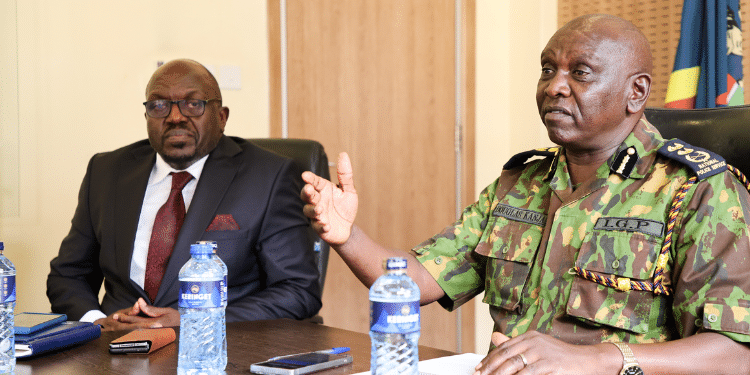


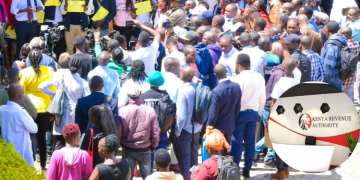
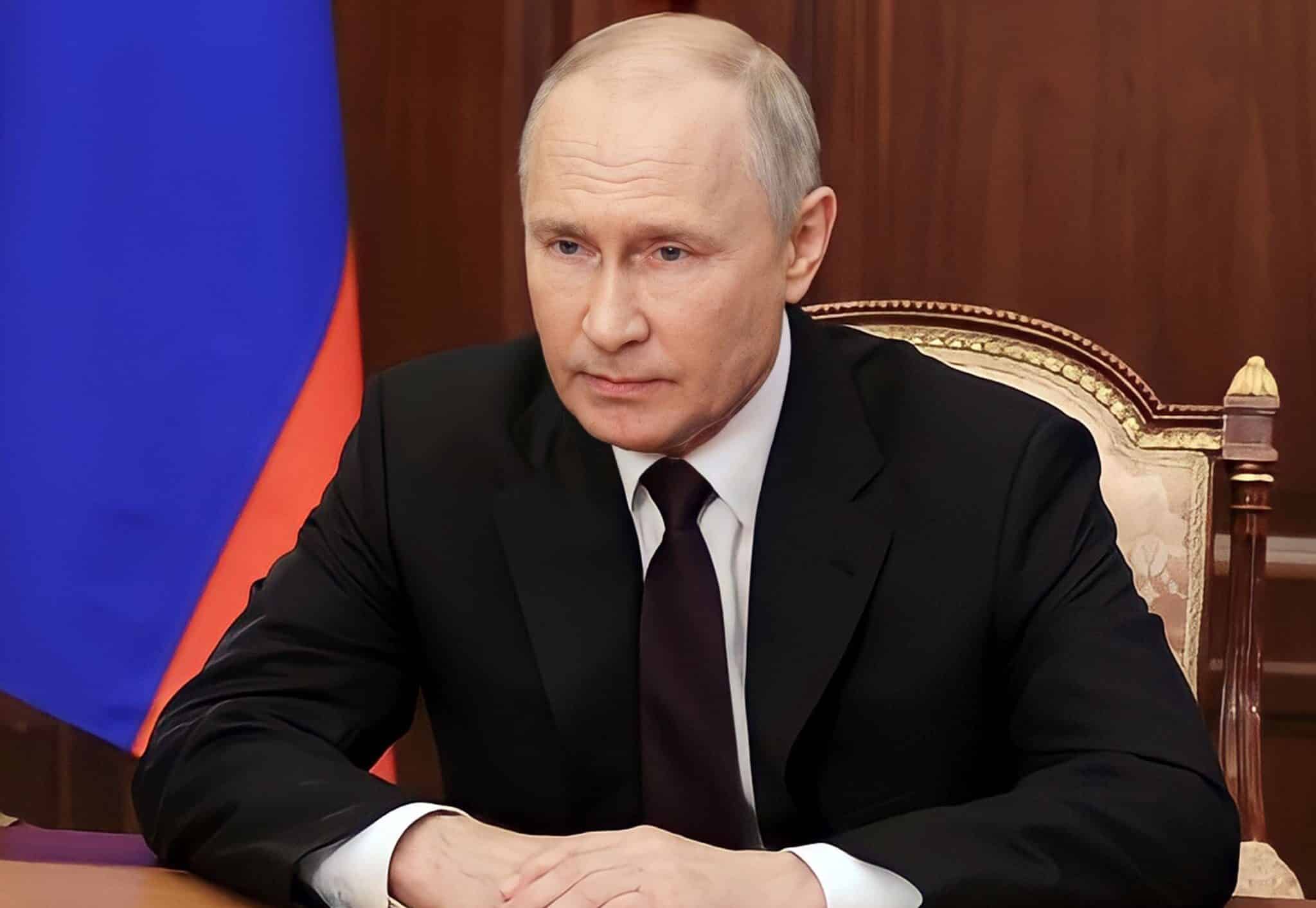

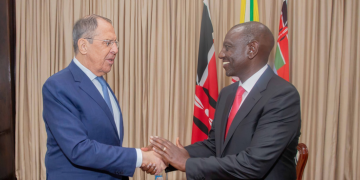

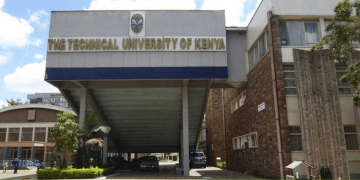
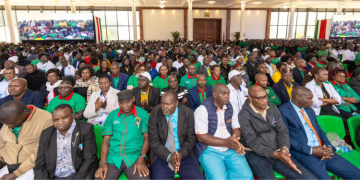
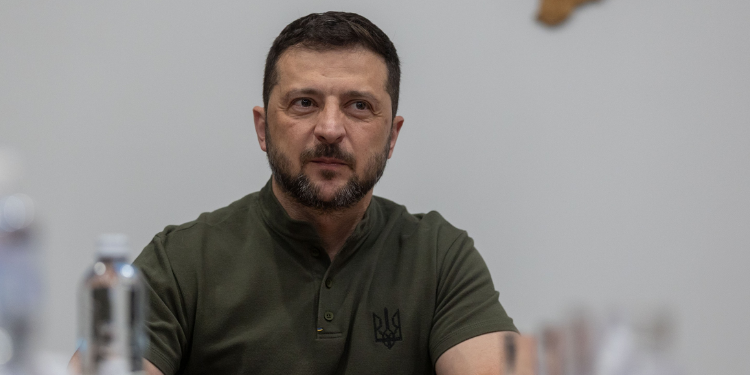






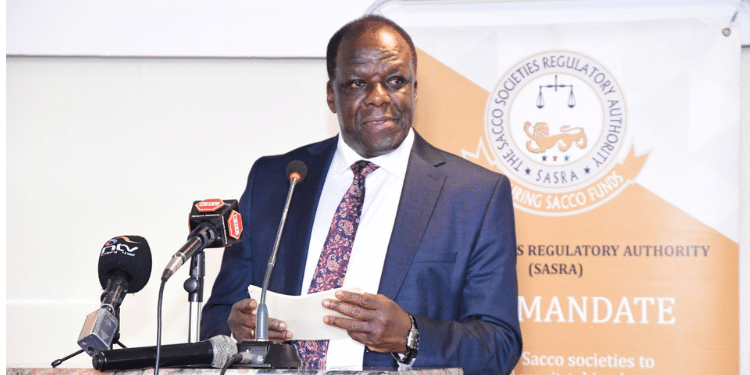



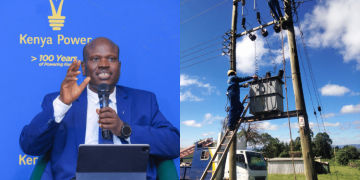
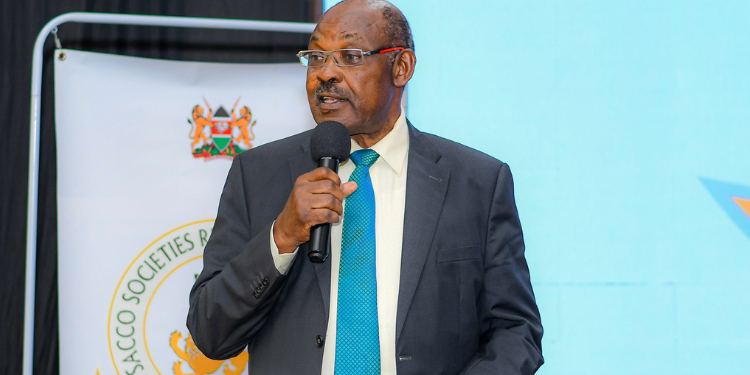

































![Senator Allan Chesang And Chanelle Kittony Wed In A Colourful Ceremony [Photos] Trans Nzoia Senator Allan Chesang With Channelle Kittony/Oscar Sudi]( https://thekenyatimescdn-ese7d3e7ghdnbfa9.z01.azurefd.net/prodimages/uploads/2025/11/Trans-Nzoia-Senator-Allan-Chesang-with-Channelle-KittonyOscar-Sudi-360x180.png)

















![New Police Recruitment Process Sparks Uproar Ruto’s Govt Opens 92 New Police Stations Nationwide Immediately [List]]( https://thekenyatimescdn-ese7d3e7ghdnbfa9.z01.azurefd.net/prodimages/uploads/2025/08/Police-IG-Kanja-2025.png)

